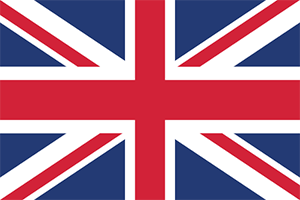Country examples of practice
The Agency collected and summarised concrete examples of learner, family and community participation, primarily in educational contexts. These examples showcase ways that countries have integrated learner and family voices into decision-making at national, regional and local levels. They do not indicate ‘best practices’, but they share different approaches to involving learners and families in building inclusive education systems.
Note: country examples may differ slightly in their usage and definitions of some terms and phrases. Please refer to the Agency glossary for general definitions.
Use the provided search filters to narrow down examples by country, system level, topic area, target group and framework element. Click the 'Reset' button to clear the selected filters. Please contact secretariat@european-agency.org if you would like to see or provide examples from an Agency member country that is not included.
The Swedish Education Act establishes that learners should be kept informed on issues that concern them. They must also continuously be stimulated to take an active part in developing their education and educational environments. Furthermore, information and forms of participation must be adapted to learners’ age and maturity.
The Department for Education’s (DfE) young disabled advisory group, FLARE, ran a national consultation focusing on learners with special educational needs or disabilities (SEND) and their experiences during the COVID-19 pandemic.
The UK (England) Office for National Statistics (ONS) has been working to improve data coverage and evidence base over children and young people with special educational needs and disabilities (SEND) in England.
The Department of Education wanted to develop an advertising campaign focusing on children and families from lower socio-economic groups. The campaign aimed to illustrate the importance of education, the value in following your passion and the positive routes it can lead to.
Northern Ireland is introducing a new Special Educational Needs (SEN) Framework to help ensure children receive the help they need as quickly as possible.
Parents’ voices are vital to the development of learners’ individualised education development perspective plans. The Netherlands introduced the concept of the development plan as an improvement upon the previous individual education plan.
At the regional level, families can participate in democratically elected parents’ councils. In the German state of Hesse, for example, the parents’ council has 19 members representing the 10 different types of schools.
At Fellaskóli, a comprehensive primary school in Reykjavík, 85% of learners come from a foreign background. The school is working to strengthen learners’ Icelandic language skills, as well as their self-esteem and independence.
This project involved school-based peer-support networks aiming to protect and strengthen the mental health of learners in the school environment and to take early intervention measures. The project introduced systemic measures to establish such networks and prepare schools and institutions for their implementation and continuation.







